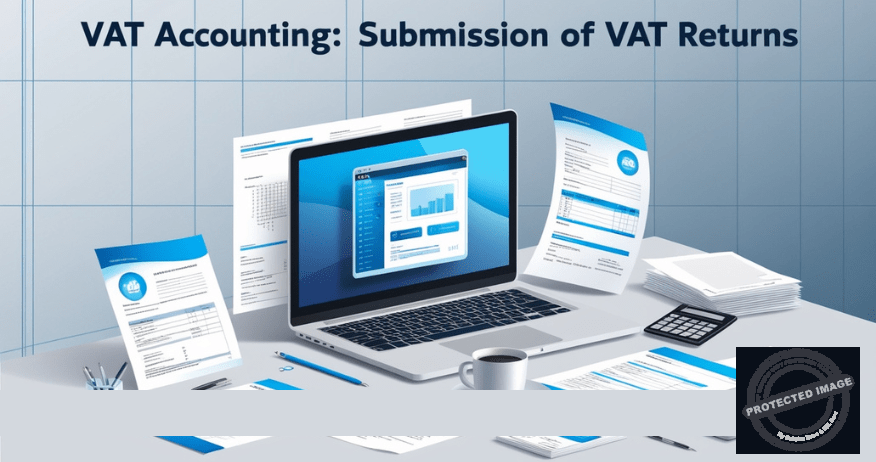VAT return is made for a tax period. The tax period is one calendar month. However, the VAT return is made before the 20th day of the following month. The Commissioner is not bound by a tax return or information provided by or on behalf of a taxpayer.
The Commissioner can make assessments using any other available information. A third party may be required to furnish the Commissioner with tax returns on behalf of. Returns must have correct information, form, manner and within a specified time.
Types of VAT returns
There are four types of VAT returns namely:
a) Debit returns.
b) Credit returns.
c) Zero returns.
d) Nil returns.
Debit Returns
In this type of VAT return, the output VAT side of the return is more than the input VAT. There is a VAT to pay. The tax returns must be made by 20thday of the following month in i-Tax.
Credit Returns
In this type of VAT return, the input VAT side of the return is more than the output VAT side. There is no VAT to pay. The tax returns must be made by 20th day of the following month in i-Tax.
Zero Returns
Returns made when the person is in a zero-tax position. The position results when output VAT side of the return is equal to the input VAT side of the return. The tax returns must be made by 20thday of the following month in i-Tax.
Nil Returns
The VAT return is nil because the output VAT side of the return is equal to the input VAT side of the return. Both sides have no current or prior data input. The position results from not transacting any business in the tax period. The tax returns must be made by 20th day of the following month in i-Tax.
Extension of Time to Submit Tax Returns
A taxpayer can write to the Commissioner for an extension of time to file tax returns before the due date. This has to be done fifteen days before the due date. Commissioner may:
a) Grant and notify the taxpayer.
b) Decline in the application.
However, the original payment due date remains for VAT payment. Failure to make the VAT payment attracts late payment penalty plus/and interests.
Commissioner Requirement to File A VAT Return Earlier
There are two instances where the Commissioner may require that a VAT return is filed before the due date.
a) Business ending and or near end
The early VAT returns will be required when the business is ending or near ending. The following are the reasons for the requirement:
a) Business ending – bankruptcy, winding up, and liquidation proceedings have been instituted.
b) Commissioner has reason to believe a person is about to leave Kenya permanently.
c) The person has ceased to carry on with business.
d) The Commissioner believes the person has ceased to carry on business in Kenya.
e) A taxpayer has died.
b) Continuing business
The requirement for submission of early VAT returns will be for a continuing business during the reporting period. The Commissioner may require a taxpayer or their representative file VAT returns before the due date. The Commissioner requires payment of any tax due in a VAT return. If a taxpayer has more than one tax, this section will relate to each tax separately.
VAT Return Duly Submitted
A tax return submitted by or on behalf of a taxpayer by another person is treated as having been submitted by the taxpayer or with the taxpayer’s authority unless otherwise proven.
Feel free to send us tax and investments in Kenya questions or topics via email, taxkenya@gmail.com that you would wish to be covered in this website.
Disclaimer
This post is for general overview and guidance and does not in any way amount to professional advice. Hence, www.taxkenya.com, its owner or associates do not take any responsibility for results of any action taken on the basis of the information in this post or for any errors or omissions. Kenyan taxpayers must always rely on the most current information from the KRA. The tax industry in Kenya is very dynamic.




